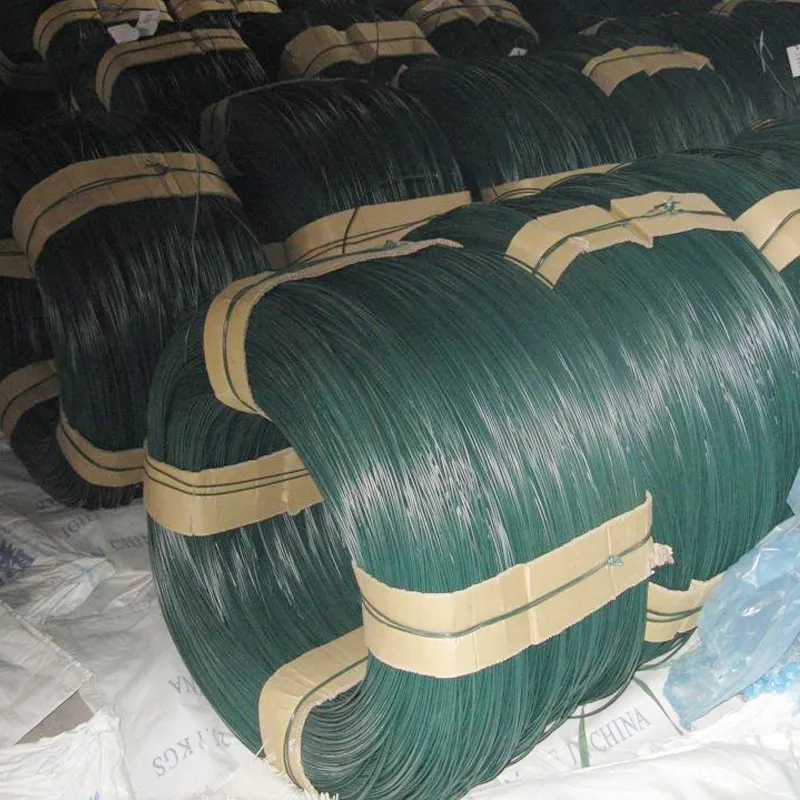Understanding Nail Pins for Concrete Applications
Nail pins, often referred to in the construction world as concrete pins or anchor pins, play a critical role in the construction and manufacturing sectors, particularly when working with concrete materials. These pins are essential for creating strong and reliable connections between concrete surfaces and other building materials, ensuring stability and structural integrity for various applications.
What are Nail Pins?
Nail pins are specially designed fasteners commonly used in concrete work. They can vary significantly in size, material, and design, tailored to meet the specific needs of a project. Typically made from durable materials such as steel, these pins are engineered to withstand the stresses and strains associated with concrete installations. The manufacturing process involves ensuring that these pins are corrosion-resistant, especially when they are to be used in environments that may expose them to moisture or chemicals.
Applications of Nail Pins in Concrete
One of the most common applications of nail pins is in the fastening of insulation boards to concrete walls. This is particularly important in energy-efficient construction, where proper insulation is key to maintaining temperature and reducing energy costs. The pins firmly secure the insulation, allowing it to perform effectively without the risk of detaching over time.
In addition to insulation, nail pins are integral to the installation of wall panels, drywall, and other construction materials. By securing these materials to concrete surfaces, nail pins create a robust framework that allows for the installation of finishes while ensuring structural stability. Furthermore, nail pins can also be used for the attachment of brackets, shelving, and other fixtures directly to concrete surfaces, providing a secure hold.
Their use extends beyond just fastening materials; in many cases, nail pins play a role in temporary construction applications, such as shoring and bracing. During the initial stages of building, temporary structures may require securing to concrete for support. Nail pins can effectively anchor these temporary solutions, providing the necessary support until permanent installations are completed.
Types of Nail Pins
Different types of nail pins are available, each designed for specific applications. Common types include
1. Concrete Nails Simple, hardened steel pins that can be driven directly into concrete. They do not require pre-drilling and work well for lightweight applications.
nail pins for concrete

2. Pin Nails Often used in conjunction with pneumatic nail guns, these pins are typically thinner and provide less holding power than concrete nails. They are ideal for attaching materials that require delicate handling, like thin plywood or veneer.
3. Anchor Pins These are designed for heavy loads and are often used when securing larger fixtures or frameworks. They usually require pre-drilling and are often equipped with a threading mechanism for enhanced holding power.
4. Self-Driven Pins These pins can be installed using specialized guns that drive the pins into the concrete rapidly, significantly speeding up the construction process.
Best Practices for Using Nail Pins
When using nail pins, it's vital to follow certain best practices to ensure optimum performance
- Pre-Drill When Necessary For harder concrete or larger pins, pre-drilling can prevent damage to the concrete and ensure proper placement of the pin. - Ensure Proper Alignment Accurate alignment when placing nail pins will ensure that the materials being fastened are securely attached and won’t shift over time.
- Choose the Right Pin Selecting the correct type and size of the nail pin is crucial. Using the wrong pin can lead to insufficient holding power or damage to the materials.
- Check for Corrosion Resistance In damp or chemical-prone environments, opting for corrosion-resistant nail pins will prolong the lifespan of the installation.
Conclusion
Nail pins may seem like a small component in the grand scheme of construction projects, but their importance cannot be overstated. They provide essential connections between materials, promoting stability and safety in concrete applications. By understanding the different types of nail pins available and employing best practices in their use, builders can enhance the overall effectiveness of their construction projects, ensuring they are robust and durable for years to come.

















